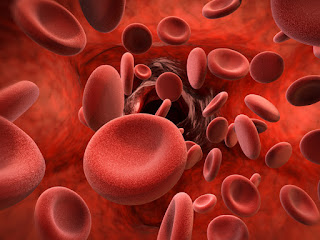What is Uric Acid | Uric Acid Causes

What is Uric Acid Uric Acid Uric acid can be broadly defined as the hetero-cyclic compound of the nitrogen, carbon, hydrogen and the oxygen which has the formula C 5 H 4 N 4 O 3 in scientific language. It forms the salts and the ions which are known as the acid urates and the urates for example, ammonium acid urate. In common language, the uric acid is formed due to the metabolic breakdown of the polynucleotides. The high blood concentration of the uric acid is very dangerous as it can lead to the gout in the human being. The formation of the ammonium acid urate can lead to the medical condition like the kidney stones and the high blood concentration of the uric acid can also lead to the medical condition like diabetes. Uric Acid Level High | Uric Acid Causes There are many causes of the high uric acid level in the human beings; Some people have high uric acid level in their body due to the genetic inheritance. If you eat food which has high content of the table sugar



